Learn more about sleep disorders, they characteristics, health consequences and how they may be managed. Check out these critical guidelines that may help people sleep better in this era of advanced technology.
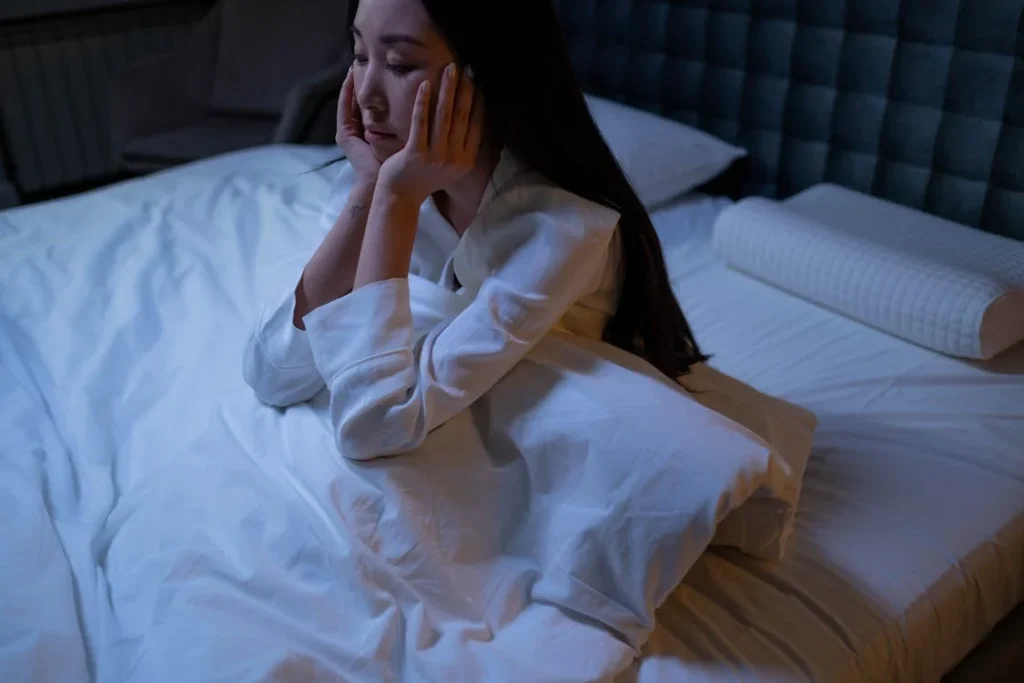
With the ever changing lifestyle and increase in use of electronic devices, Sleep disorders have become prevalent health problems experienced all over the world. Also described as a modern day plague, sleep disorders can cause significant interference with overall quality of life and a host of complications in physical and mental health. According to research that has been undertaken it has been identified that over thirty percent of adults suffer from symptoms associated with sleep disorders such as insomnia, sleep apnea, and restless leg syndrome (RLS), which put them at a higher risk for chronic diseases.
The increase in sleep disorders could be blamed on changes in lifestyle. These are stress factors, shift working and reliance on technology. In this article, the author provides good background information on what causes sleep disorders, what type of sleep disorders are commonly experienced, the impact these disorders have, how these disorders can be diagnosed, and finally, how to manage sleep disorders in today’s fast-paced world.
Types of Sleep Disorders
He was single-minded and persistent, but his sleep deprived state was a factor in his drinking: sleep disorders differ from one another in their symptoms and consequences. The most common types include:
Insomnia
Sleeplessness lies in the inability to sleep or to stay asleep and impacts from 10 to 30 percent of adults miles. Sources are stress, anxiety, smoking, caffeine and excessive screen use 30 minutes prior to bedtime. They further reveal that chronicity results from persistent insomnia leading to mood change, loss of productivity at the workplace, and other health risks.
Sleep apnea
Sleep apnea is a major type of sleep disorder in which breathing becomes shallow, partial, or pauses for a few seconds or minutes during sleep. The most frequent form of sleep apnea is obstructive, which is strongly associated with obesity and can cause heart and blood sugar disorders, and stoke. The common signs are loud snoring at night, choking during what seems like efforts to breathe, and oversleeping during the day.
Restless Leg Syndrome (RLS)
Irritability of the sulci in the brains of RLS sufferers consequently leads to the development of this medical condition manifesting through an incontrovertible need by the legs to move and the patients experiencing uneasy and awkward feelings in the limbs. The signs characteristically just get worse towards evening, affecting sleep and causing profound daytime exhaustion.
Narcolepsy
Narcolepsy is an autoimmune disease which affects the nervous system, and is characterised by excessive and uncontrollable sleepiness during the day and episodes of sudden sleep usually coupled by extreme emotions. Narcolepsy patient’s also suffer from something called “sleep attacks,” which is an urge to sleep especially at wrong times such as while working.
Parasomnias
Parasomnias are clinical syndromes which occur during different stages of sleep, including somnambulism, nightmare disorder, and sleep paralysis. Such behaviors tend to be, to a certain degree, intrusive to the individual suffering from them as well as to others.

Common Causes of Sleep Disorders in Modern Society
Today’s life greatly carries the blame for Sleep disorders. Key factors include:
Stress and Anxiety
As people continue to experience pressures in their workplace, social life and self pressures, stress has been identified as a main cause of sleep disorders. Another effect of anxiety is that makes person very alert and this is not a good environment for sleeping.
Increased Screen Time and Technology Use
The usage of digital devices, especially in the evening before the sleep, is almost prohibitive for sleep quality. Screens emit blue light that affects the production of melatonin, a hormone that controls our sleep and wake cycle. This results in the delay of the onset and poor quality of sleep that is experienced by the individuals involved.
Irregular Work Hours and Shift Work
Irregular working hours and shift work are the disruptions in the circadian regulation of physiological functions that result in the misalignment of an individual’s internal biology with the external environment. Individuals employed under shift work or rotating shift are also inclined to have sleep problems then are others that have disrupted natural biological rhythm or body clock. This can result in shift work disorder for instance excessive sleepiness and insomnia.
Poor Diet and Caffeine Consumption
All forms of caffeine should be avoided in the afternoon or in the evening as they hinder the onset of sleep and produce poor quality sleep. High sugar and processed food diets have also been found to result in sleep disruption.
Effects of Sleep Disorders on Health
Chronic sleep disorders can have far-reaching effects on physical, mental, and emotional well-being:
Mental Health
Sleep disorders have strong correlation with many mental illnesses including depression, anxiety and mood swings. A poor sleep quality lowers permeant stress coping mechanisms and, this cause one to have elevated emotional reactions and instability.
Physical Health
Lack of sleep is known to increase the risk of heart disease, high blood pressure, obesity and even diabetes. For instance, sleep apnea raises the probability of cardiovascular diseases with the result of low levels of oxygen during the night.
Cognitive Function
Sleep deprivation impairs memory and concentration, and slows down decision-making processes which in turn may reduce efficiency and even lead to accidents since specially those who work at dangerous jobs.
Chronic Stress: How It Damages Your Health and Powerful Ways to Fight Back
How Modern Technology Impacts Sleep Patterns
Technology, while beneficial, has introduced sleep challenges:
Screen Addiction and the Rise of Sleep Problems
With social media and e-mail, as well as consumption of digital content, people became addicted and cannot easily cut themselves off before going to sleep.
Sleep Tracking Apps
Some are available as mobile applications to track the amount of sleep people get. Although informative in regard to the sleep schedule, the excessive use of such applications results in growing anxiety and obsession with quality of sleep and may lead to insomnia.
Recommendations for Limiting Screen Time Before Bed
Other general measures include avoiding use of any device that emits blue light at least an hour to bedtime or having any device in night mode.
Diagnosing Sleep Disorders: Methods and Tools
Accurate diagnosis of sleep disorders is essential for effective treatment. Diagnostic methods include:
Polysomnography
Polysomnography is a study that takes place in sleep laboratories that captures brain image, oxygen saturation, heart rate and eye movement. The test is frequently used to identify conditions such as sleep apnea as well as narcolepsy.
Home Sleep Apnea Tests
A Home sleep apnea test is a mini test to determine the presence of sleep apnea, pulse oximetry and airflow during sleep.
Self-Monitoring Apps
Although there are apps that can show you how much you sleep and how you sleep, they are not a tool to diagnose a doctor. People with such symptoms as persistent insomnia, or excessive daytime sleepiness, should consult a specialist in sleep disorders.
Treatment and Management Options for Sleep Disorders
A variety of treatments exist for managing sleep disorders, depending on the type and severity of the disorder:
Behavioral therapy and Cognitive and Behavioral Therapy (CBT)
CBT is often used, which stands for Cognitive Behavioral Therapy, of which CBT-I, or Cognitive Behavioral Therapy for Insomnia is probably the most widely used form of the therapy in question. It has been used in the treatment of insomnia and is more efficient than drug use for the long-term impacts.
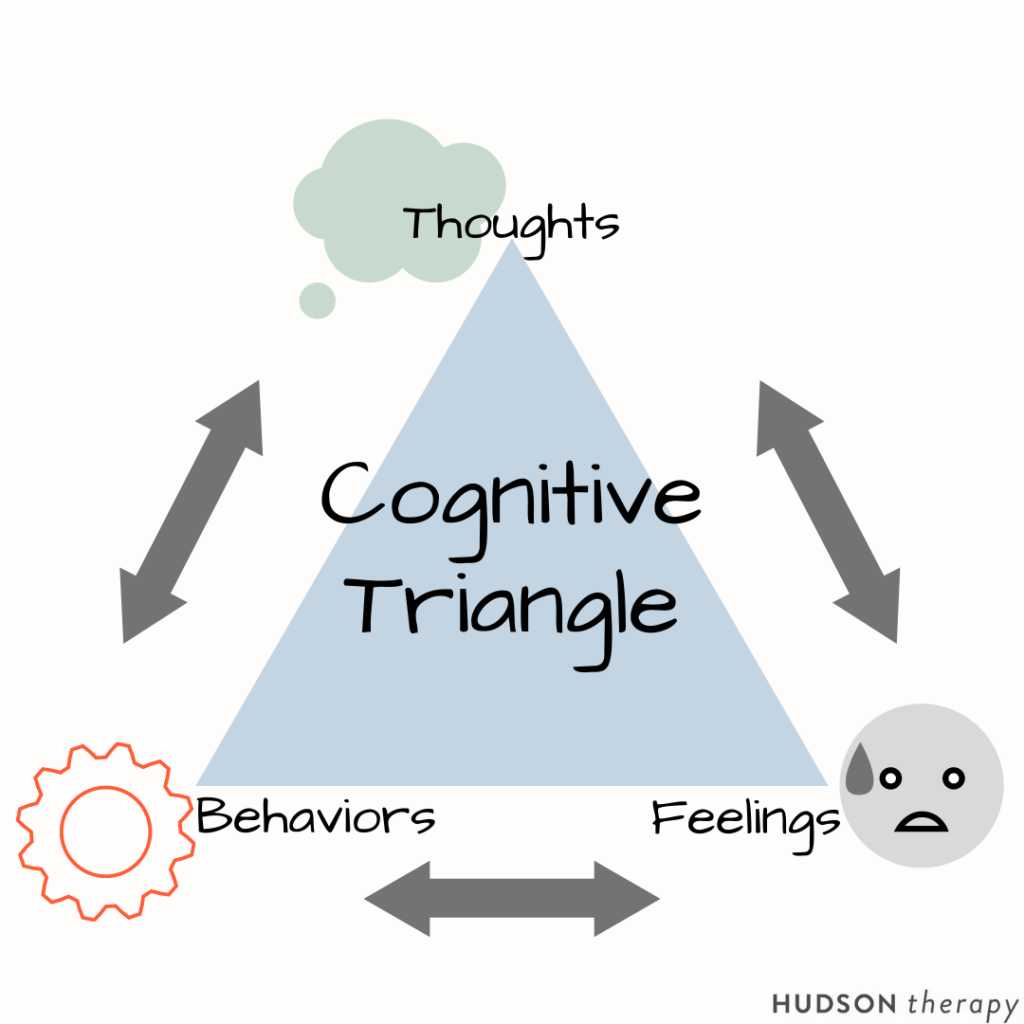
Medication and Supplements
If it gets to a drastic level, a doctor may prescribe an anxiety drug like benzodiazepine for the anxiety induced insomnia or even melatonin for a nighttime sleep inducer.
Lifestyle Changes
Basic needs for a better sleep include exercising on a regular basis, taking balanced diets, and sleeping in the right time. Reducing the meal intake in the evening, drinking coffee or taking alcohol before sleeping also enhance poor quality of sleep.
Alternative Therapies
While using chamomile tea, lavender oil, and acupuncture, people can find ways to relax and sleep. Phototherapy Is another method which is advisable for individuals with distorted photo period especially due to shift working.
Sleep Hygiene and Prevention Tips
Recommending basic behavioral regimen related to sleep is an effective way of preventing sleep disorders among clients. Effective tips include:
- Optimize Your Sleep Environment: Dim the light, get rid of noise and ensure the room is well aerated. Try to reduce outside interference by either using blackout curtains or white noise machines or earplugs.
- Limit Stimulants and Big Meals at Night: Avoid drinks that contain caffeine, cigarettes, and heavy dinner before going to bed.
- Engage in Regular Physical Activity: Proper sleep goes hand in hand with exercise though exercise should be done a few hours to bedtime.
Conclusion
Sleep is vitally important to health and treatment of sleep disorders should be a topical priority. If people quickly recognize symptoms of certain conditions and get the right treatment, they can be happy, healthy, and free from much pain. Keeping regular sleep schedules, sorting out stress and following some of the simple habits are some of the practical solution that can be used to promote better sleeping.
Prioritize sleep today, and take steps towards a healthier, more balanced lifestyle.
FAQ’s
What causes sleep disorders?
Sleep disorders can be caused by various factors, including high levels of stress, lifestyle habits, irregular sleep schedules, medical conditions, and genetic factors. Poor sleep hygiene, technology use before bed, and unhealthy diet choices are also major contributors.
How can I tell if I have a sleep disorder?
Symptoms vary by type but often include difficulty falling or staying asleep, excessive daytime sleepiness, snoring, irregular breathing patterns, and unusual behaviors during sleep. If these symptoms persist, consider consulting a healthcare provider.
What is sleep apnea, and why is it dangerous?
Sleep apnea is a disorder in which breathing repeatedly stops and starts during sleep, leading to reduced oxygen levels. It’s dangerous because it increases the risk of serious health issues like heart disease, high blood pressure, stroke, and diabetes.
Can stress and anxiety cause sleep disorders?
Yes, chronic stress and anxiety are major contributors to sleep disorders like insomnia. When the body is in a “fight-or-flight” mode, it can be challenging to relax and fall asleep, resulting in disrupted or poor-quality sleep.
Are there natural ways to treat sleep disorders?
Yes, natural treatments include practicing good sleep hygiene, establishing a regular sleep schedule, reducing caffeine intake, limiting screen time before bed, and using relaxation techniques such as meditation. Some people also find herbal remedies or supplements helpful, but it’s best to consult a healthcare provider before starting any new supplement.
What is Cognitive Behavioral Therapy for Insomnia (CBT-I)?
CBT-I is a structured program to help people manage insomnia by changing thoughts and behaviors that interfere with sleep. It's proven to be highly effective and is often recommended as a first-line treatment for chronic insomnia.
Can lifestyle changes help improve sleep disorders?
Absolutely. Simple changes like exercising regularly, maintaining a consistent sleep schedule, creating a comfortable sleep environment, and avoiding stimulants in the evening can significantly improve sleep quality and manage symptoms of sleep disorders.
When should I see a doctor about a sleep disorder?
If sleep problems persist for more than a few weeks, cause excessive daytime sleepiness, or interfere with daily functioning, it’s advisable to see a doctor. Persistent symptoms like loud snoring, gasping during sleep, or difficulty staying awake during the day could indicate more serious conditions like sleep apnea.
Is medication necessary to treat sleep disorders?
Medication is sometimes prescribed for sleep disorders, particularly for short-term relief. However, many sleep specialists recommend non-drug treatments like CBT-I for insomnia, lifestyle changes, and natural remedies, as these often have fewer side effects and are effective long-term.
Can children also suffer from sleep disorders?
Yes, children can experience sleep disorders, such as insomnia, sleep apnea, and parasomnias like sleepwalking. Pediatric sleep disorders can impact development and behavior, so it’s important for parents to seek professional help if sleep issues persist.

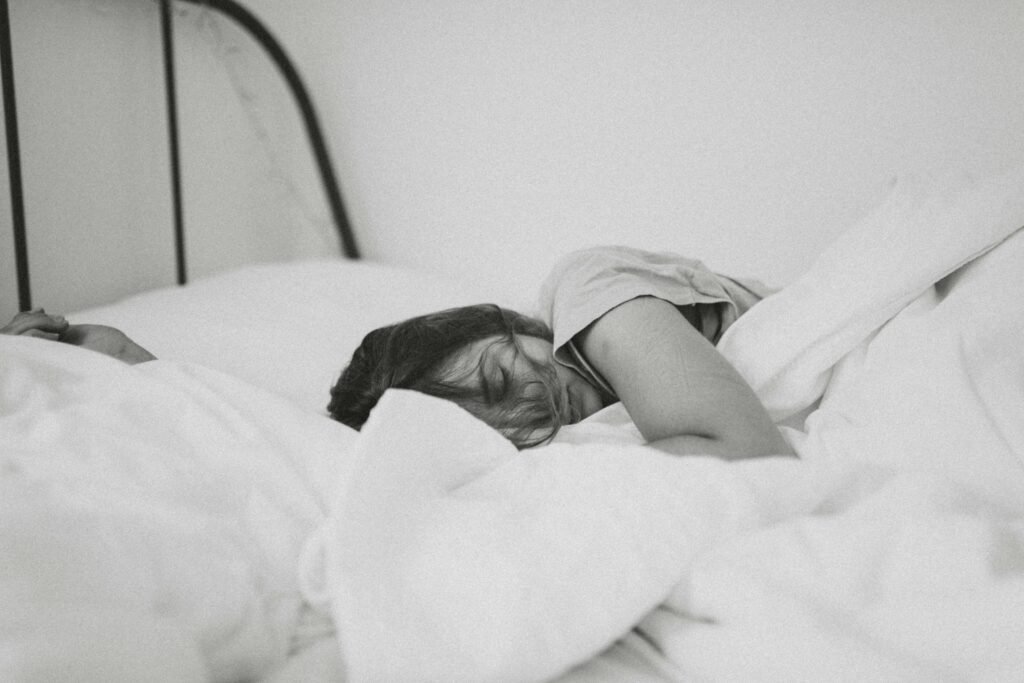
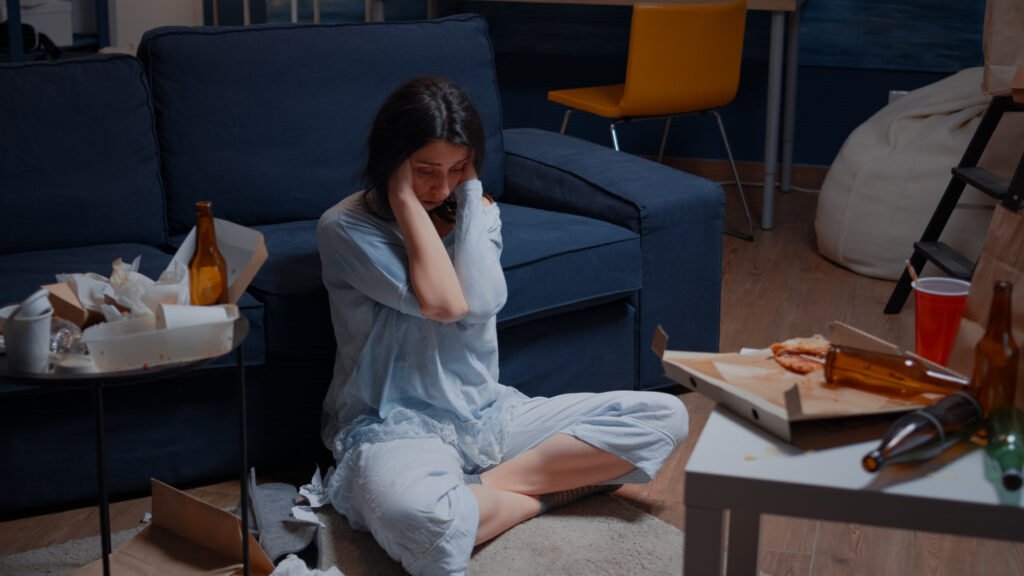
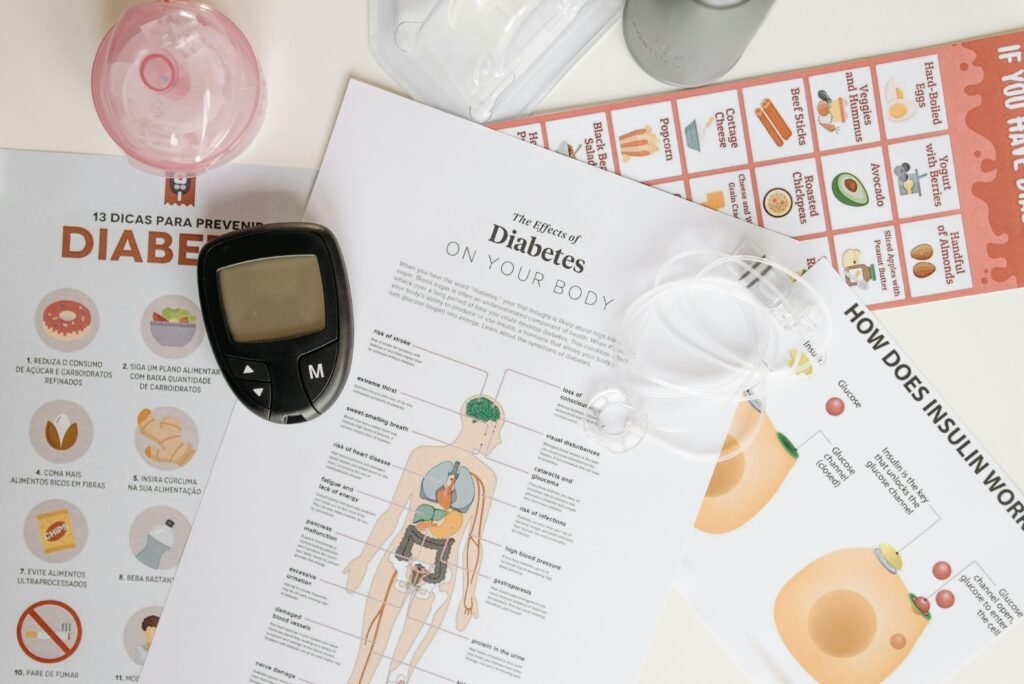
Pingback: A Soothing Yoga Routine For Better Sleep And Insomnia Relief - Health Wander